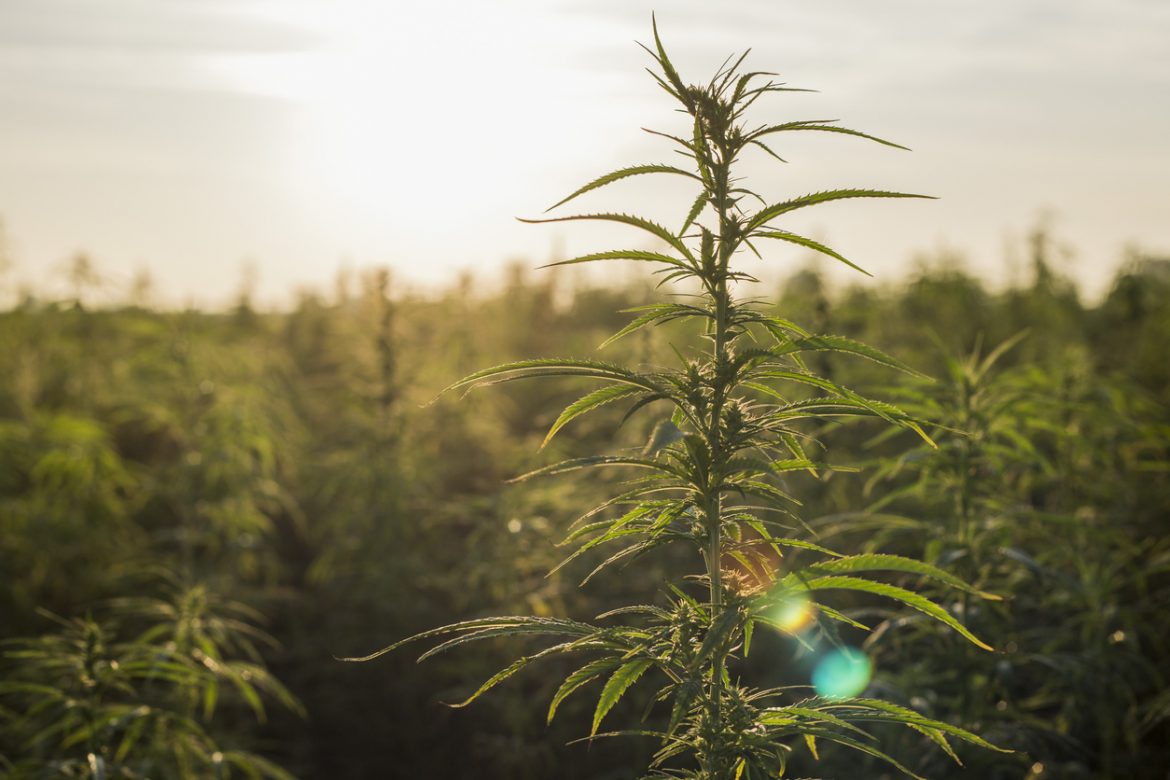
Cultivating Hemp Crops the Green Way
Farmers choosing to grow hemp crops are often mindful of the plant’s environmental benefits over more traditional commodity crops using conventional methods of cultivation. Hemp sequesters more carbon than other plants, carbon that is then locked up in the process of creating manufactured goods. Industrial hemp farms produce a significant volume of biomass, thus extracting substantial amounts of CO2 from the atmosphere. The plant is also good for the soil because it does not require herbicides, and its deep roots prevent erosion.
Many farmers choose to grow hemp because of its eco-friendly reputation. The growing demand for hemp products, however, has the potential to increase cultivation practices that mimic conventional methods of agriculture, unless industrial hemp farms and small-scale hemp farmers choose processes and practices that maintain the environmental integrity of hemp crops. Additional steps can be taken to improve the ecological benefits in growing this crop. To make agricultural practices more green, a hemp cultivator can engage in soil regeneration practices, seek organic certification and participate in conservation programs.
Engage in Soil Regeneration Practices
Hemp crops deplete the soil of nitrogen, which can lead even a small-scale hemp farmer to use synthetic fertilizers. The problem with industrial fertilizers is that they are produced from natural gas, which can lead to water pollution when spread on crops. Instead, use nitrogen-fixing cover crops such as alfalfa or peas in rotation with hemp. In addition to eliminating synthetic fertilizers, a hemp farmer should also reject the use of pesticides and herbicides to preserve soil quality and maintain healthy levels of microorganisms.
Seek Organic Certification
The demand for organic products has been on the rise for a number of years. Hemp farmers in CA can grow hemp crops using organic practices, but unless they obtain organic certification, they cannot classify their product as organic. The application process for certification is extensive and reoccurs on an annual basis. It also comes at a cost. However, for those who are successful, the official USDA label has the potential to boost sales with the increased interest in organic goods.
Participate in Conservation Programs
Hemp agriculture lends itself well to inclusion in USDA conservation programs. Funding opportunities exist with a number of the USDA’s Natural Resources Conservation Service, adding an additional incentive for participation, and can potentially offset some of the costs incurred from incorporating the practices required for participation in the program. Green practices in cultivating hemp crops make them eligible for conservation programs that focus on water quality improvements, wildlife habitat, soil erosion prevention and the mitigation of damages from natural hazards.
About CannGen
CannGen Insurance Services is an industry pioneer in providing Workers’ Compensation Coverage tailored to hemp and hemp-related businesses. For more information about our comprehensive insurance solutions for the cannabis, CBD, and hemp industries, please visit our website at www.canngenins.com or email marketing@canngenins.com.


 US
US
 US
US
 CA
CA
 EU
EU
